Communist Party of Sudan: Govt must take control of Jebel Amer gold mines
The Communist Party of Sudan has demanded the government take control of the Jebel Amer gold mines in North Darfur. The party asserts that the gold “is currently outside the control of the government’.
 Gold miners in Jebel Amer, North Darfur (file photo)
Gold miners in Jebel Amer, North Darfur (file photo)
The Communist Party of Sudan has demanded the government take control of the Jebel Amer gold mines in North Darfur. The party asserts that the gold “is currently outside the control of the government’.
At a press conference in Khartoum on Wednesday, party leader and economist Dr Sidgi Kaballo questioned who owns Jebel Amer, saying that gold production in the area reaches a tonne per day, but the gold goes directly to the markets of Dubai and France.
He demanded the government stop the export of precious metals until the economic situation improves.
Until 2017, the Jebel Amer mines were effectively under control of former janjaweed leader Musa Hilal. Since he and his followers were detained in November 2017, there is ample evidence that control has passed to Lt Gen Mohamed Hamdan ‘Hemeti’, Commander of the paramilitary Rapid Support Forces (RSF) and now also Deputy Chairman of the Sudan Sovereign Council.
Kaballo criticised the call of the Minister of Finance to provide $5 billion to prevent the collapse of the economy, describing the talk as illogical. He said that “regulation of the gold and oil sectors will save that amount and more”.
Gold trade exchange
He said the gold sector should be controlled by the state, and managed by government institutions. He also proposed the establishment of a gold trade exchange to reduce smuggling.
The economist further called for the “disbanding of all forces other than the police, the army, and intelligence, as they represent a burden on the state and waste of public money with additional expenses”.
‘The Islamic banking system in Sudan is the largest financier of corruption’ – economist Dr Sidgi Kaballo
Kaballo described the Islamic banking system in Sudan as “the largest financier of corruption”.
The system “harms industry and agriculture, and supports only real estate and car production and trade. It is not suitable for developing countries. The banking system in Sudan needs a broom,” he said, though he also noted that a radical reform of the economy is not only reform of the banking system.
‘Importing wheat irresponsible’
The economist strongly criticised the programme of the Forces for Freedom and Change to manage the economy during the transitional period, stressing that “its implementation will turn the country into drought”. He called the decision to import wheat instead of planting it “irresponsible”.
He called for the need to reconsider government expenditures and to stop the disbursement of the country’s resources to institutions belonging to the former regime.
‘The Sudanese economy is dominated by criminal networks formed in the earliest era of the integration of banking capital into commerce…’ – Economist Abdelmunim Hasan
Another economist and member of the Communist Party, Abdelmunim Hasan, said at the press conference that “the Sudanese economy is dominated by criminal networks formed in the earliest era of the integration of banking capital into commerce, and over time shifted to a criminal networks trading the country’s strategic resources.”
He attributed the deterioration of the economy to the lack of control and to smuggling, and pointed out that Sudanese goods are sold on the world markets as products of other countries after being smuggled from Sudan.
In the end of October, the Sudan Democracy First Group (SDFG) released its latest report, ‘Insurance Sector in Sudan – Islamization and Corruption’, which is part of a series of studies on corruption in Sudan. The Sudanese activist think-tank asserts that lack of transparency and corruption were inherent of the operation of the public and private sector during the Omar Al Bashir regime (1989-2019).
Radio Dabanga’s editorial independence means that we can continue to provide factual updates about political developments to Sudanese and international actors, educate people about how to avoid outbreaks of infectious diseases, and provide a window to the world for those in all corners of Sudan. Support Radio Dabanga for as little as €2.50, the equivalent of a cup of coffee.









 and then
and then